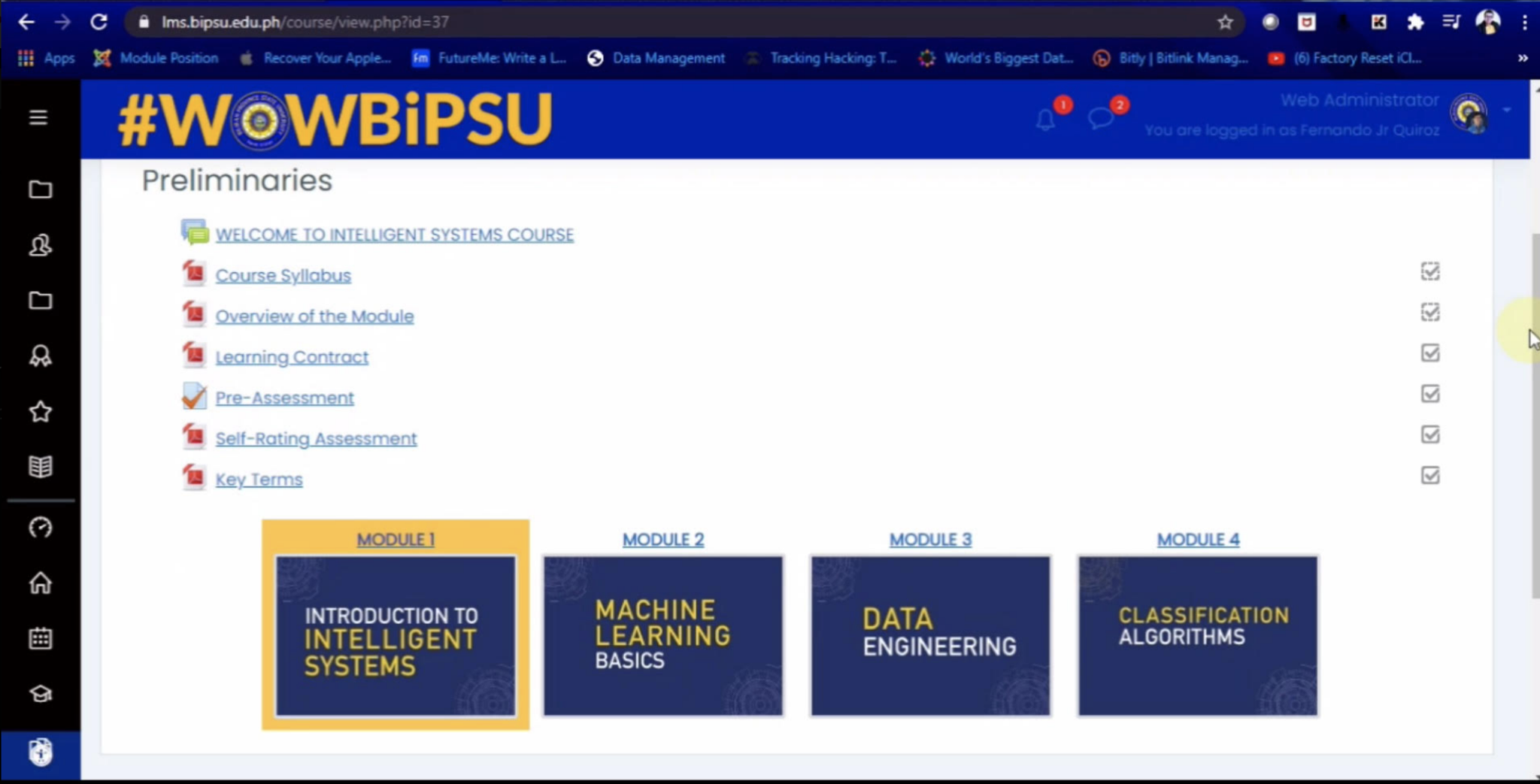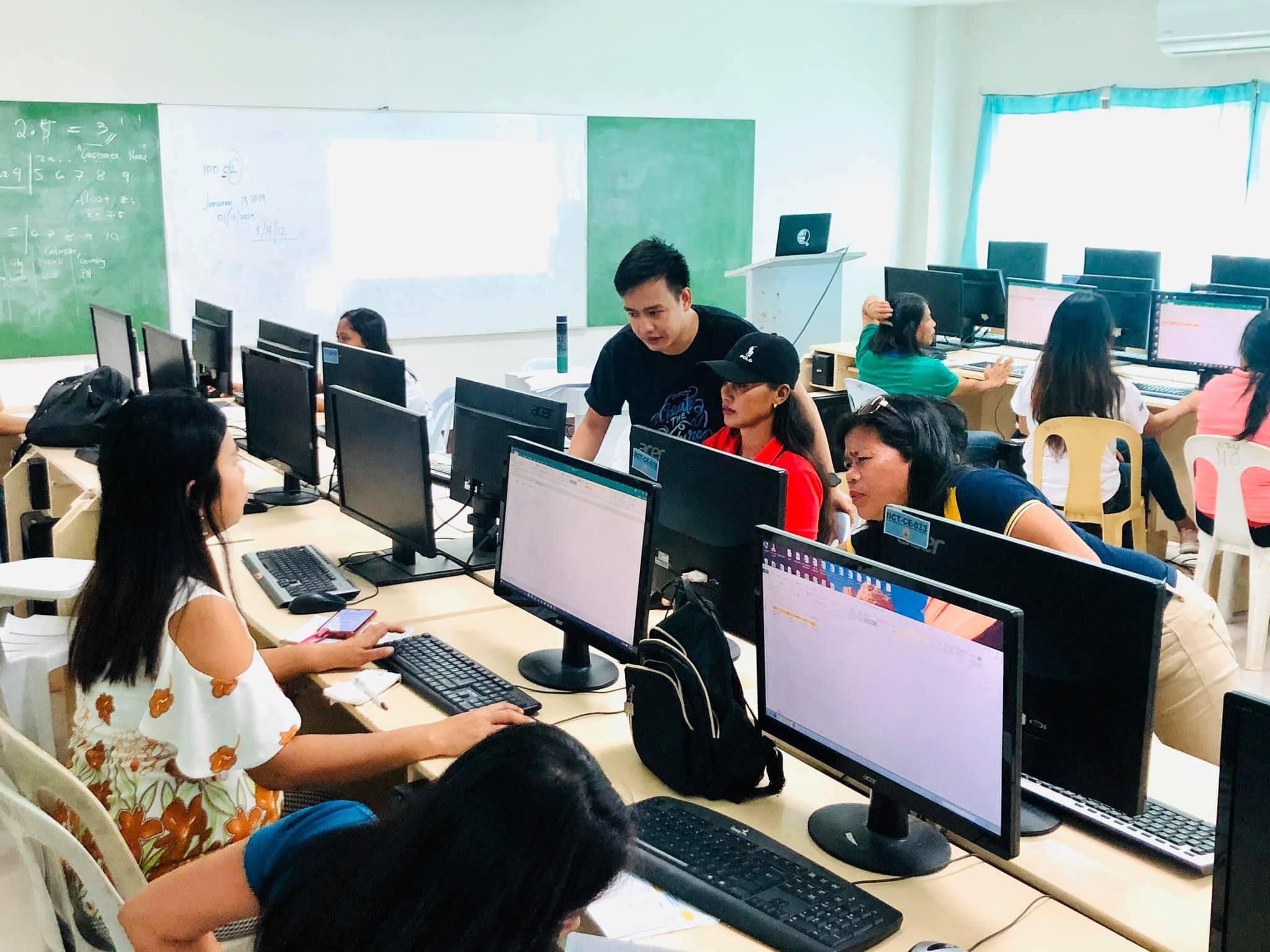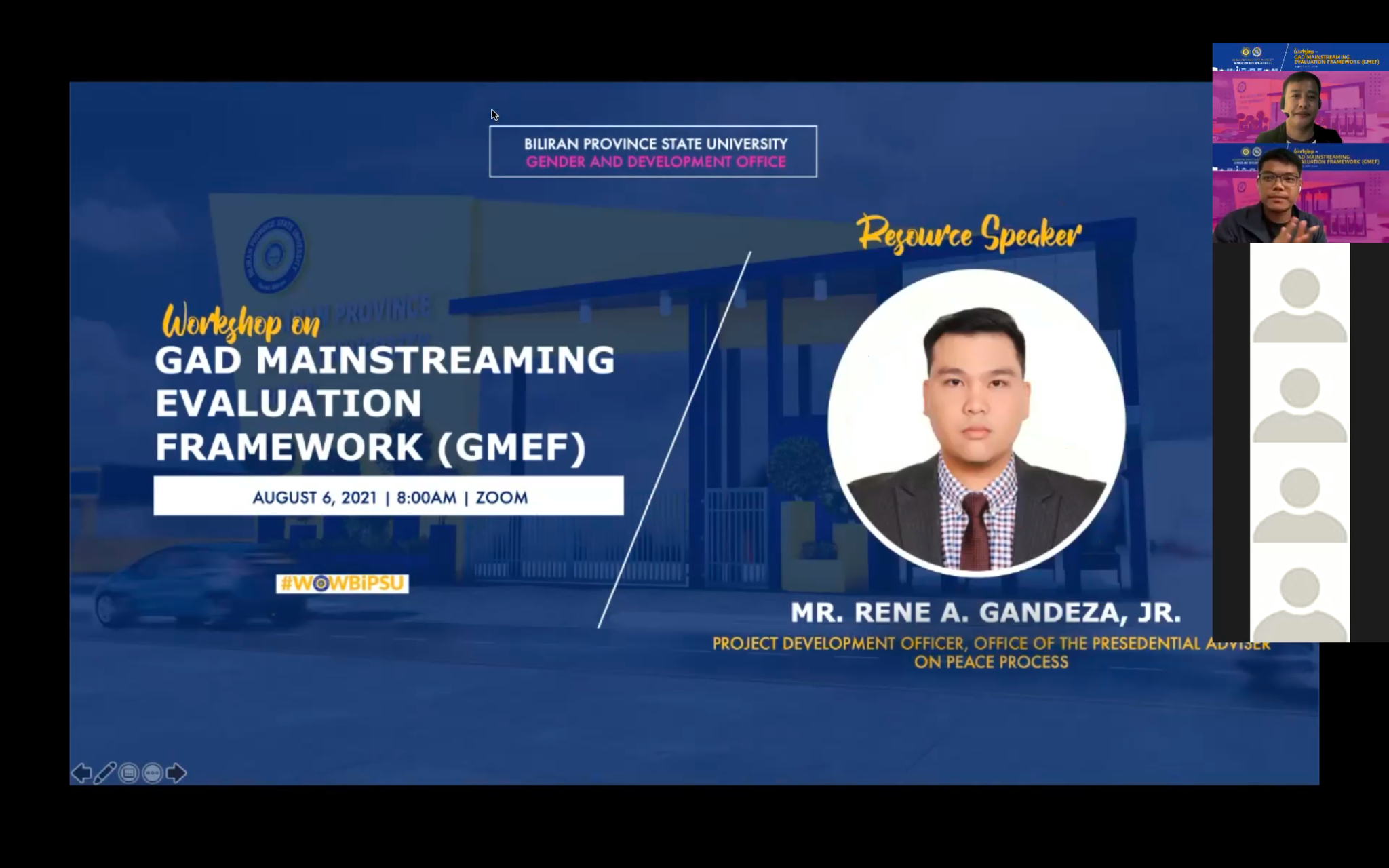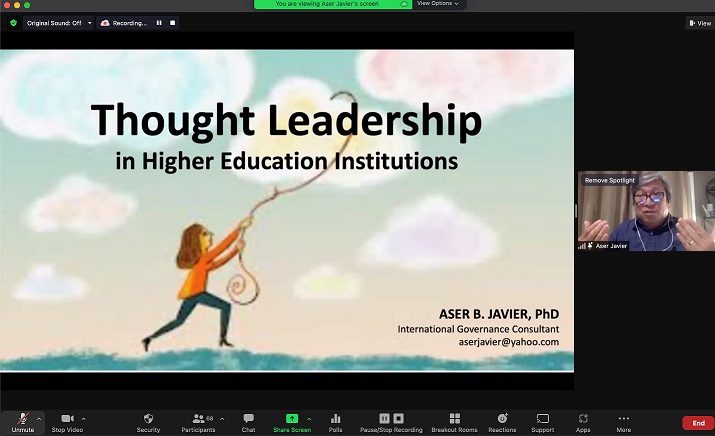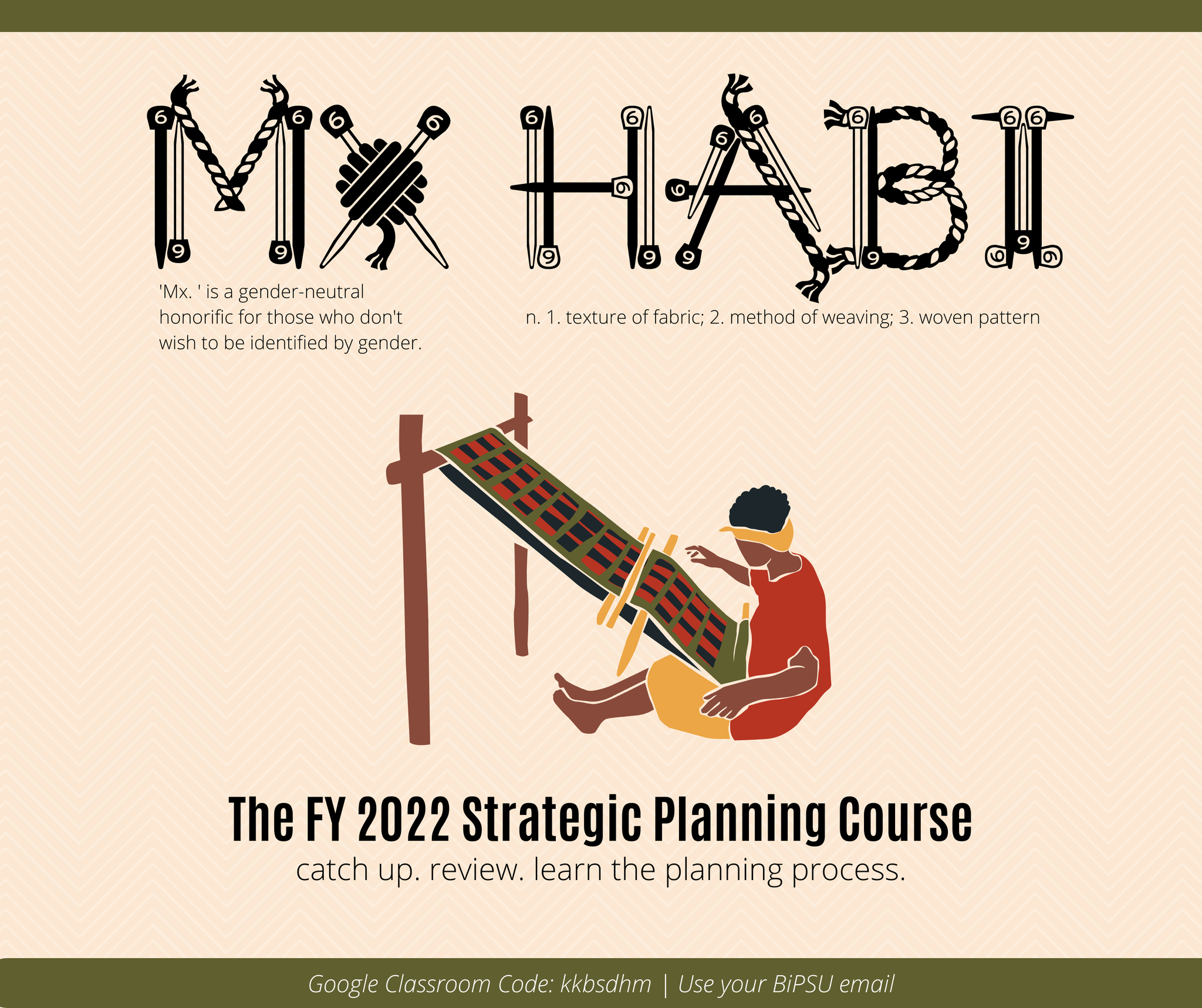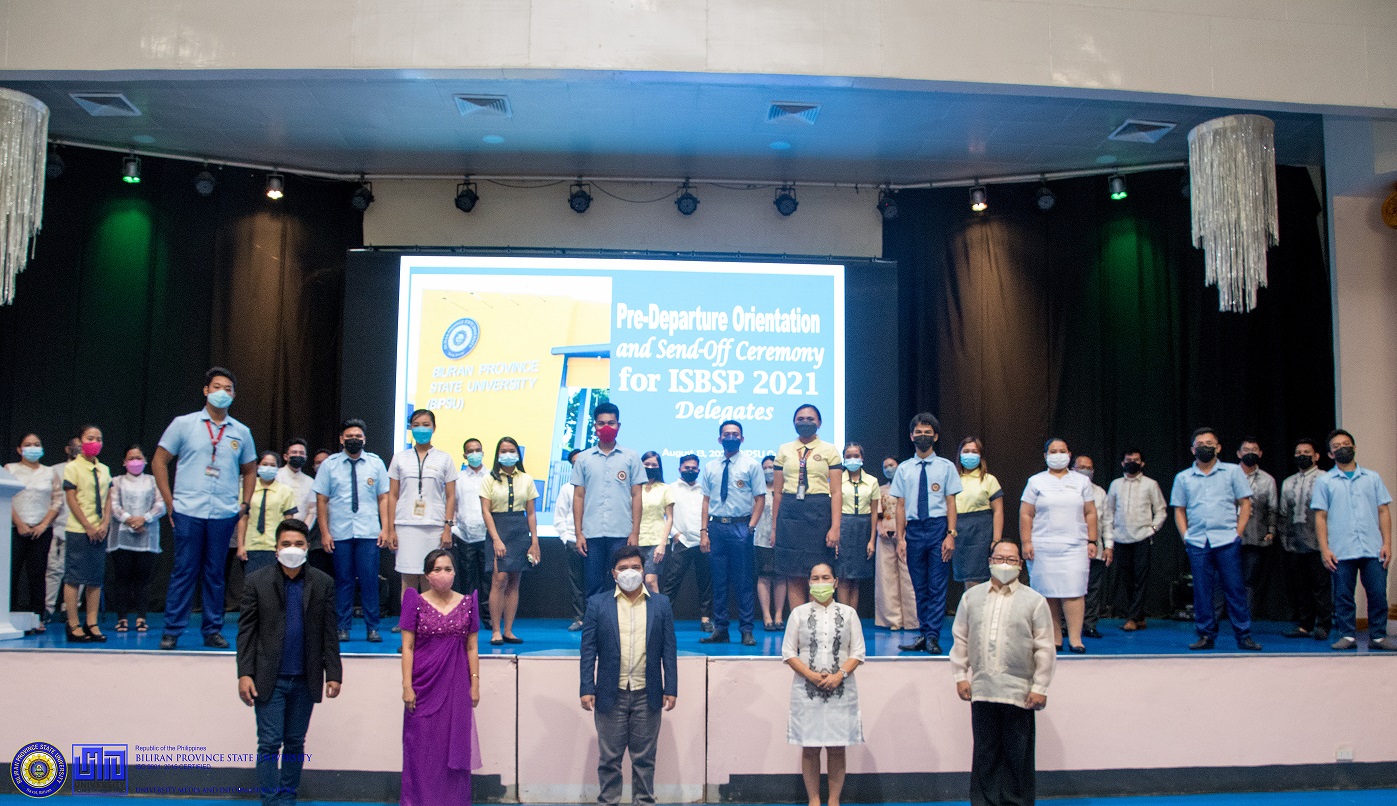The COVID-19 pandemic has dealt a massive blow to how educational institutions deliver and facilitate learning. The traditional means of teaching and learning, which involve face-to-face classes, are no longer considered viable pedagogical approaches. This unprecedented reality has forced State Universities and Colleges (SUCs) to resort to what we now commonly hear, and others, unfortunately, misunderstand, "Flexible Learning (FL)"— an approach that employs a combination of digital and non-digital technology which does not necessarily require internet connection (Magsambol, 2021).
In line with this sudden shift in the education landscape, BiPSU has helped pioneer the Eastern Visayas Higher Education Institutions- Flexible Learning Management System Consortium (EVHEIs-FLMSC) and currently sits as the lead institution of the organization. The consortium has conducted a series of capability-building workshops and training for faculty & students in Eastern Visayas, including explorations on appropriate and responsive Learning Management Systems (LMS) to help them be onboard on the nitty-gritty of flexible learning. This is in recognition of how disruptive the pandemic is to the core of instructional delivery.
Additionally, at BiPSU, flexible learning has warranted a survey and situation analyses of our stakeholders, the students, faculty, parents, and even business owners to serve as bases and reference points on policies and guidelines relating to FL. Navigating the pipeline of flexible learning has been an ongoing struggle intertwined with opportunities for continual improvement not just for BiPSU but also for other learning institutions.
What we can take away from this black swan in teaching and learning is that it requires concerted action from us. CHED, for instance, called for proposals under the Higher Education Development Fund (HEDF) that grants subsidies to projects concerning teacher education, digitization, and flexible learning. CHED's Institutional Development and Innovation Grant (IDIG) has in fact awarded five million pesos to BiPSU for the project "Subscription and Upgrading of Internet Connection for both Naval and Biliran campuses of Biliran Province State University and Installation of Student Information and Accounting System (SIAS) in Biliran Campus." This grant is expected to facilitate the effective and efficient delivery of online services such as enrollment, tuition payment, research services, among others, to the university's stakeholders.
So when Chair Popoy opined that "There's no going back, 'flexible learning will be the new norm," such is an expression of a clear understanding of the situation on the ground—that moving forward, students and faculty will have the flexibility of teaching and learning in a safe manner, at a pace and environment that leads to quality education that everyone deserves.
Therefore, adopting flexible learning schemes means that we are no longer entrenched to dwell on traditional in-person conduct of classes and activities. It spells an eclectic way of teaching and learning that can be facilitated on and off-campus—a way to future-proof our education in response to the reality that uncertainties are here to stay.
References:
- https://www.rappler.com/nation/ched-de-vera-response-critics-do-not-understand-flexible-learning
- https://www.rappler.com/nation/ched-says-flexible-learning-new-norm
-
 0
0
-
 0
0
-
 0
0
-
 0
0
-
 0
0
-
 0
0
